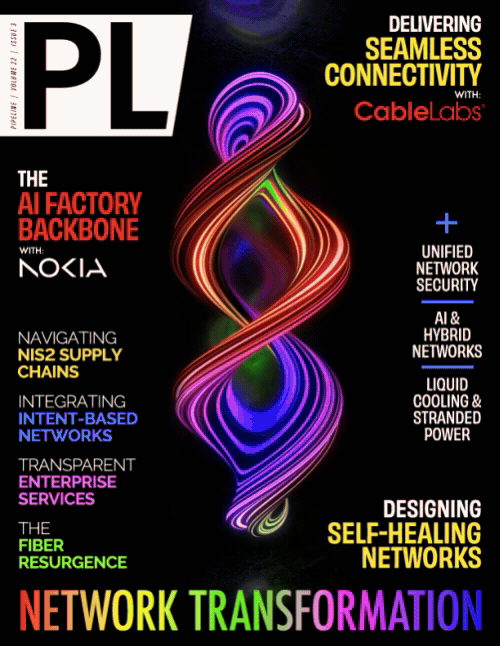New Survey Results Show US Preference for Voice Customer SupportAmid COVID-19 and Social Distancing, Consumers Prefer Calling Customer Service, More Than Chatbots or EmailData shows contact centers need AI and Automation to scale operations and provide better experiences for customersUniphore, an early Conversational Service Automation category leader, today released survey results that show American consumers overwhelmingly prefer to use voice over every other medium when contacting a company’s contact center. The results underscore a growing need for innovative voice-enabled automation software and conversational artificial intelligence (AI) capabilities that can eliminate the need to put customers on hold. Further, advanced technology can also help businesses streamline the customer service experience by predicting customer intent and help to resolve issues quicker – especially during the current coronavirus pandemic. Key FindingsAs businesses and society work through the current realities and unknowns, Uniphore wanted to better understand the types of experiences people are having with contact centers and some of the challenges that both consumers and businesses are facing during this pandemic. In addition to the finding that nearly 80% of people polled want to speak with an agent as opposed to a chatbot, the following key themes emerged and was supported by the data represented below: Contact Centers are overwhelmed by the wave of inquiries currently pouring in:
Customer patience is reaching a breaking point:
After their recent contact center experience, people have been underwhelmed and apathetic: 40% of respondents reported they would neither recommend nor not recommend the company they just interacted with.
It’s not all bad: Organizations and agents can be effective:
“This data shows we are in the middle of a perfect storm. People are reaching out to organizations in record numbers using their voice as a primary means of communicating and they expect to be heard and not put on hold,” said Umesh Sachdev, CEO and Co-founder of Uniphore. “The fact remains that technical innovations can absolutely solve these issues and do it in a cost-effective way by leveraging conversational service automation. This can help ensure every voice is heard by using machine learning and natural language processing to understand intent and automate processes.” Survey BackgroundThis survey was completed during the second week of April, 2020 as the country continued its lockdown. The survey was administered online and included a random sampling of 1,000 people from across the United States. Source: Uniphone media announcement | |

















